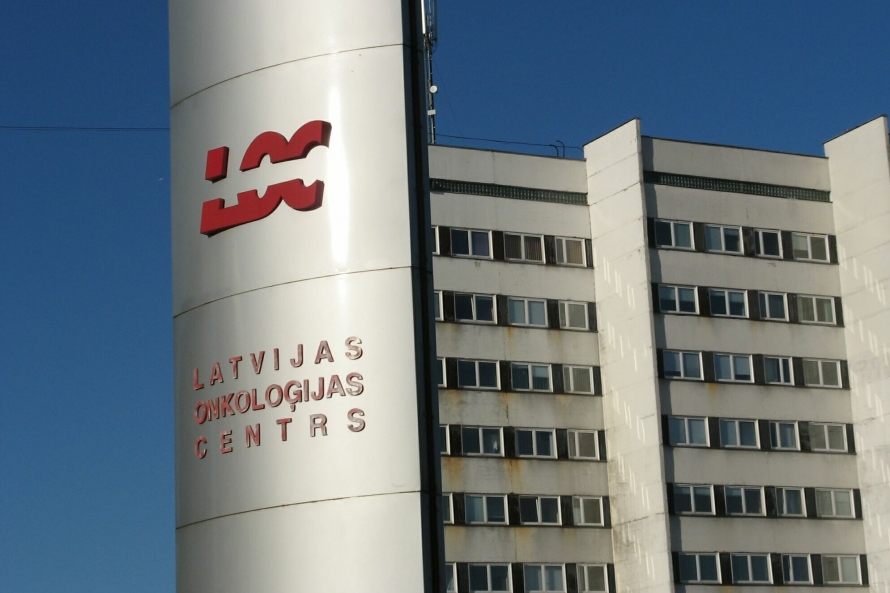The main problem is that cancer isn’t discovered until it is too far into its advanced stages for effective treatment. Family doctors are hard-pressed to follow up on their overloaded patient registers and so often fail to diagnose oncological threats in time. Long waiting lists keep people from receiving immediate treatment or finding the path to proper professional medical care, there is a lack of information on what to do, many feel abandoned and in despair.
Official statistics show that Latvia is under attack from cancer. Data show that the number of registered cancer patients has been growing steadily each year. In 2000 there were close to 9000 cancer cases, whereas in 2013 the number had risen to more than 11,000, including more young people.
Vilnis Sosars of the Palliative care department of Latvia’s Oncology Center says that the data are not much different from other European states, yet the view from the patient’s perspective here is much less rosy. There are long lines to wait through. Day hospitals would be of great help. There is an acute need for more palliative care specialists.
The World Health Organization (WHO) has urged Latvia to increase the number of hospital beds for palliative care from the current quota of 115 available on a first-come first-served basis. While Sosars claimed that medicines are the latest and most effective available, patients say that targeted chemotherapy drugs that protect other organs can cost sums well into the thousands.
While a number of regional hospitals have palliative care wards, Sosars believes there is a need for patients to receive a professional oncologist’s help on an outpatient basis closer to their home, which is currently impossible.
Gunita Berke, chair of the oncology patient support group Dzivibas koks agreed that cancer patients in our national health care system feel “thrown out of the boat.” Her organization helps support groups in Latvia’s regions and tries to fill a public service on a private basis – to conduct the psychological rehabilitation of these patients, which is not a state-funded service in Latvia unlike in other European states.
“It’s like there’s this path that a patient takes – the doctors send them from one specialist to the next, through the system, until the problem is diagnosed and liquidated. I think the main problem is – people don’t visit their doctor, but when they do, they don’t always notice any symptoms,” says Berke.
Some believe that family physicians, many with patient registers numbering in the thousands and juggling between several practicing offices, could be so overloaded that they are missing chances to make timely critical diagnoses. The accountability of family doctors has been point of contention in the stalled process of health care sector reforms, as resigned Health Minister Ingrida Circene called for greater accountability in the face of prevailing policies that held out a 7,000-person patient registry as a ‘positive example’ of a general practitioner’s work scope.
Oncology Center doctor Dace Baltina reminded everyone that in order to “arrive at a diagnosis, one must be thinking about this illness – both patients and doctors. Right now I see that a cancer diagnosis is pushed off as a last resort, and that threatens the fate of these people, because while other, less dangerous reasons are sought, the cancer progresses,” she warned.

































